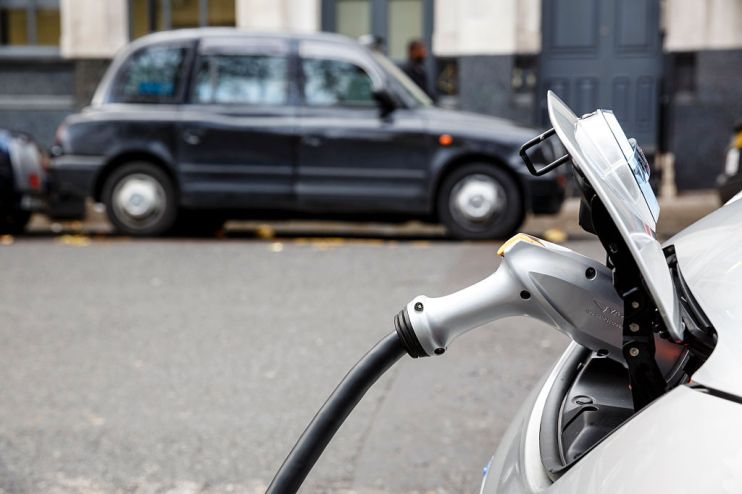Vauxhall warns UK is ‘well behind’ on EV charger roll out

The UK government is facing renewed pressure to resolve ongoing delays in the roll-out of critical electric vehicle (EV) charging infrastructure, after Vauxhall warned this morning that the vast majority of local authorities have yet to install any public chargers.
The carmaker, via Freedom of Information (FOI) requests, found that out of 414 councils across the UK, 69 per cent of local authorities have yet to install any public chargers.
Moreover, only 14,188 new charge points are currently planned for installation this year, a figure that falls “well behind” the run rate required to hit the government’s target of 300,000 by the end of 2030, Vauxhall said.
Experts in the sector warn that an absence of available chargers is putting drivers off buying electric cars.
Around 40 per cent of UK households do not have a driveway – rising to 60 per cent in urban areas – meaning that much of the population will be reliant on public chargers when a looming 2030 ban on the sale of new petrol and diesel vehicles takes full effect.
Vauxhall noted that London has more than twice the number of residential on-street charge points than all other regions of the UK combined, fuelling concerns that current EV infrastructure heavily favours the capital.
James Taylor, the automaker’s managing director, said that accessibility to charge points for UK households would be “critical in the transition to electric vehicle ownership.”
Vauxhall’s warnings come as the government faces significant pressure to rethink the 2030 petrol and diesel car ban, amid concerns over the countries’ lagging electric transition.
However, those in the EV industry believe that the ban will be essential to focussing the UK government and automotive industry on the fight to claw back ground in the global race to electrify.
Quentin Wilson, founder of FairCharge UK, said that government needs to “get a grip” on the roll out of public chargers.
“We see local charging roll-out as critical national infrastructure that requires serious government focus and more intervention at a local level,” Wilson said.
A Department for Transport spokesperson said that the number of public chargers had risen “by 38 per cent over the last year – a rate that puts us well on the way to the 300,000 figure by 2030 – and we continue to work with industry and local authorities to accelerate this.”